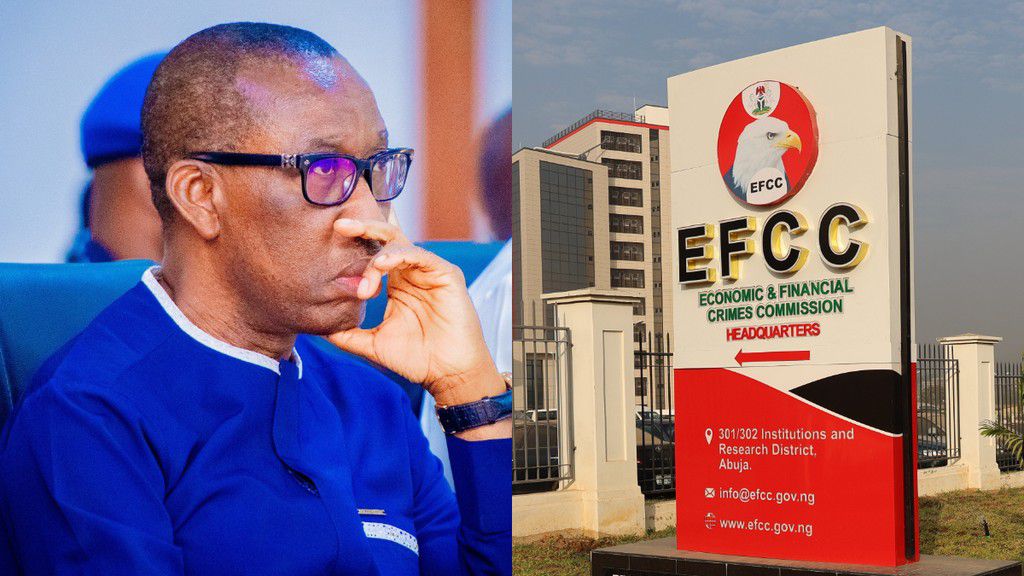The recent development in the Okowa case and the EFCC investigation has stirred up controversy and public debate. The revelations and statements made by both parties involved, Governor Okowa and the EFCC, have raised critical questions about transparency and integrity in the management of public resources.
On the part of Governor Okowa, the allegations of embezzlement of oil derivative funds amounting to a whopping N1.3 billion have been categorically dismissed as absurd and baseless. In an official statement, the governor vigorously denied any involvement in wrongdoing and stressed his cooperation with the EFCC in the ongoing investigation. He also described the allegations against him as defamatory and motivated by malicious intent.
At the same time, the EFCC maintains its position that no tangible evidence has been established to date to incriminate Governor Okowa. However, the agency insists on the need for a thorough investigation to shed light on the matter and protect the integrity of public funds.
This case highlights the importance of accountability and transparency in governance, especially in a context where citizens’ trust in political institutions and leaders is crucial. It is imperative that effective oversight and monitoring mechanisms are in place to ensure responsible management of financial resources and prevent abuse of power and trust.
Ultimately, the outcome of this case remains uncertain, but it raises fundamental questions about ethics in the public sphere and the need for transparent and accountable governance. It is essential that the truth be established and responsibilities be clearly defined to ensure public trust and preserve the integrity of democratic institutions.

